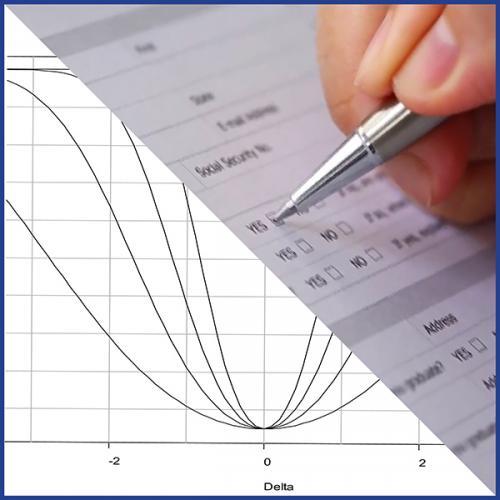Survey Methodology and Data Science
Data and public opinion drawn from surveys inform many of the important decisions that affect our lives. Survey methodology and data science can inform policy in ways as profound as measuring poverty, predicting electoral outcomes, evaluating media consumption and fighting crime. At the Joint Program in Survey Methodology (JPSM), we’re discovering new data science methods, and we’re increasing the accuracy of key estimates.
Our program brings together faculty from the University of Maryland and the University of Michigan, as well as researchers from Westat, a leading survey organization based in Rockville, Md.
We educate the next generation of professionals by working closely with government agencies in nearby Washington, D.C. to train employees and to advance survey methods and analyses. The Census Bureau, the National Center for Health Statistics and the Bureau of Justice Statistics are just a few of the agencies that fund our research aimed at improving the quality, accuracy and equity of surveys.
Our programs are flexible and innovative, with numerous online classes and many opportunities to collaborate across disciplines, especially through our work with UMD’s Social Data Science Center. We invite you to learn more about our offerings and our efforts to improve societies through gathering and applying social and behavioral data.
JPSM’s mission is to educate the next generation of survey researchers, survey statisticians, and survey methodologists.
To that end, we offer a Ph.D. program, an M.S. in survey and data science, and certificate and citation programs. We also offer a program of short courses.
We have both full-time and part-time students, many of them drawn from local agencies and survey organizations. Many of our full-time students are placed in summer internships at these and other organizations.
History and Impact
Founded in 1993, JPSM is housed in The College of Behavioral and Social Sciences at the University of Maryland.
It is no small matter to build an organization that is a collaboration of two educational institutions, one commercial organization, and faculty in several other locations, designed to serve 13 large statistical agencies but also dozens of other agencies with statistical functions–but JPSM has achieved just that.
To date, JPSM has more than 270 graduates working in government agencies, academic settings, and private survey research firms.
Since its inception, JPSM has increased the quality of technical staff in the Federal Statistical System and is enriching the field of survey statistics and methodology itself. Our faculty has historically been in the vanguard of research in survey methodology and strives to continue that leadership into the future.



